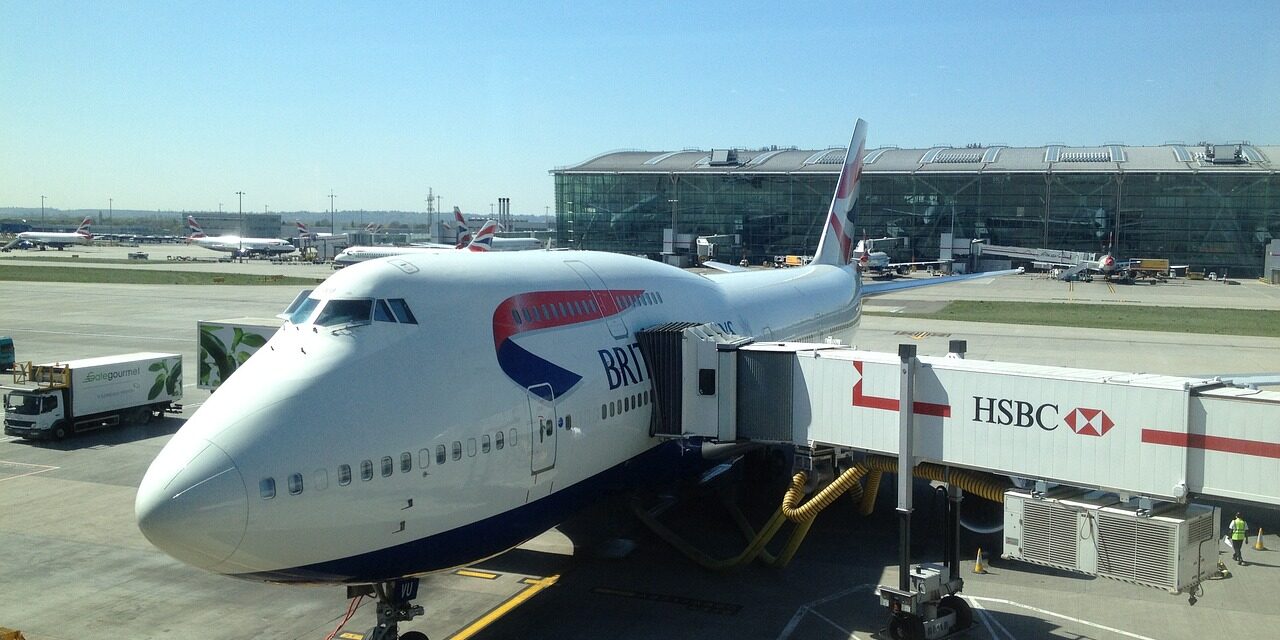The Competition and Markets Authority (CMA) has upheld a ruling from the Civil Aviation Authority (CAA) which will force Heathrow Airport to cut the charges placed on airlines by 20%, reducing passenger charges by £31.57 to £25.43 next year.
The ruling has brought about vocal opposition from the airport, who believe that this will limit its ability to reinvest into infrastructure projects, whilst airlines argue that the reduction in fees do not go far enough. Despite the bumper summer enjoyed by the travel industry – particularly low-cost carriers – and global airline capacity finally returning to pre-pandemic parity, profitability amongst carriers remains at 40% of 2019 levels.
With Heathrow’s fees amongst the highest in the world, Jared Ailstock, managing partner of AIP Capital – a global aviation asset management and investment firm – argues that the current dispute is reflective of the significant challenges faced by airlines in their return to profitability.
Ailstock argues that amongst the litany of challenges that is disrupting the path back for parity in terms of profitability, compared to pre-pandemic, labour and fuel costs currently represent the most significant dents to airline profits. Additionally, supply bottlenecks which have slowed down the production of new and essential aircraft are now contributing to an engine crisis which could prove the most severe issue for airline operations.
Earlier this year, the industry saw 1,200 Pratt & Whitney engines on Airbus A320neo jets to be removed for inspection – leaving what is already a scarce supply of aircraft in a troubled situation, with an estimated 350 aircraft due to sit idle until 2026 before the issue is resolved.
According to data from Cirium, approximately 370 aircraft, including Airbus A320neos and Boeing 737 Max jets, are currently classified as ‘stored’ due to engine repair issues. The aviation data and analytics company defines such aircraft as those that have been idle for 30 days or more due to various reasons.
Recently, an engine manufacturer has announced that hundreds of Airbus jets could be grounded in the coming years due to a rare manufacturing flaw. In addition to severe staff shortages currently facing the aviation industry, supply-chain issues are expected to exacerbate a ‘tug-of-war’ over engines between airplane factories and repair shops, with around 650 jets set to be idle in the first half of 2024.













